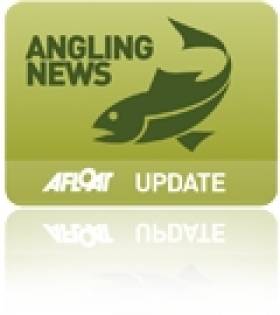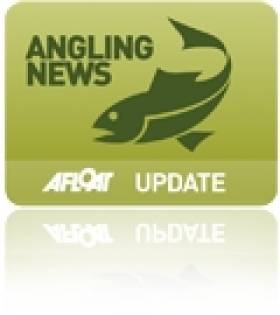Displaying items by tag: Hook Bass Angling Festival
Bass Fail to Show at First Hook Bass Angling Festival
#ANGLING - Bitterly cold weather and some hungry marine mammals kept the bass away from the inaugural Hook Bass Angling Festival in Wexford last weekend, as The Irish Times reports.
The angling went on regardless, however, with Mark Baker from Co Meath hooking a 1.5kg 'schoolie' of a flounder to take top prize of a five-day holiday at Grangecourt Holiday Homs and a day's fishing with Jim Foley.
All taking part enjoyed the weekend despite the absence of the titular fish, and promised to return next year - for which the dos and don'ts will be ironed out, according to Cathy Howlin of Hook Tourism.
Meanwhile, the weekend also featured an evening talk by Dr Ed Fahy who discussed the threat to Ireland's sea bass should the fishery be opened to commercial interests, and argued the case for bass angling tourism as a greater boon for the economy.
Hook Bass Festival Hopes to Catch Ireland's Best Anglers
#ANGLING - Minister of State Paul Kehoe was on hand at the famous Hook Lighthouse recently to launch the first Hook Bass Angling Festival, which takes places over three days from 26-28 October.
The contest will be held on a catch-and-release basis and comprises various locations on the Hook Peninsula, situated on the amazing southwest Wexford coast, where you can find a beach a day for a fortnight - perfect for the festival.
First prize is a weekend's accommodation at Grangecourt Holiday Cottages in Fethard-On-Sea that sleeps up to five people, plus a day trip fishing for two with Wild Swan, Mermaid Angling, Arthurstown. Prizes will also be awarded for second and third place, and for the longest bass.
Aside from the angling action, the Friday and Saturday evening will see talks from Billy Colfer and Dr Ed Fahy about the history of the area and bass fishing respectively. These will take place at 7pm each evening in Neville’s Bar and Restaurant, which will also be serving a special anglers menu - and will host the prize-giving ceremony on the Sunday evening.
The entry fee for anglers is €75 for the three days days or €25 per day. You can enter online via www.hooktourism.com.
Families are more than welcome, as the Hook Peninsula has many historic sites to see and activities to do, especially for Hallowe'en, such as the 'Ghostly Guided Tours' of Hook Lighthouse. For more information visit www.hooktourism.com.






























































